A handsome woman is a jewel; a good woman is a treasure
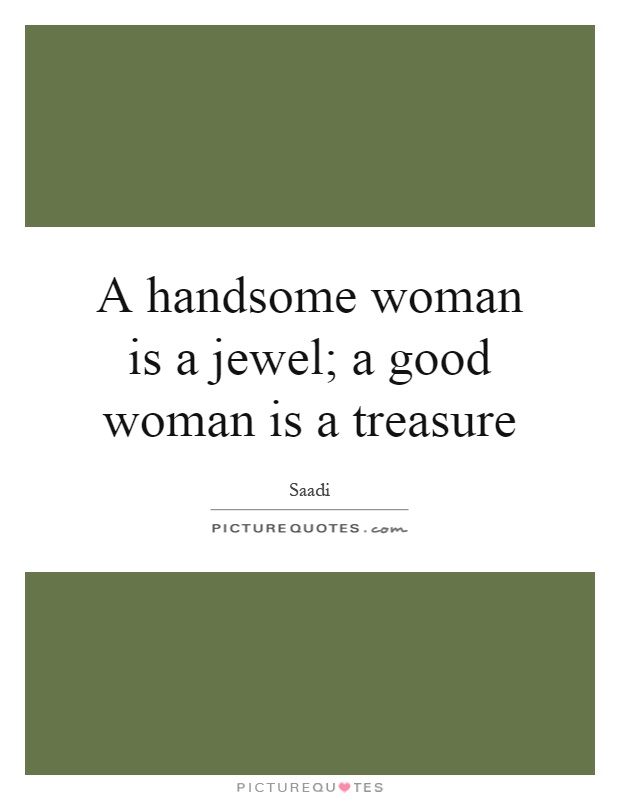
A handsome woman is a jewel; a good woman is a treasure
The saying "A handsome woman is a jewel; a good woman is a treasure" holds a significant place in the works of the renowned Persian poet Saadi. Saadi, also known as Sheikh Saadi, was a 13th-century Persian poet and writer whose works have had a lasting impact on Persian literature and culture. His writings often explore themes of morality, ethics, and the importance of inner beauty over outward appearances.In the context of Saadi's works, this saying reflects his belief in the value of inner qualities and virtues over superficial attributes. While physical beauty may be pleasing to the eye, Saadi emphasizes that true worth lies in a person's character and actions. A handsome woman may catch the eye with her looks, but a good woman, one who possesses qualities such as kindness, compassion, and integrity, is truly valuable and deserving of admiration.
Saadi's emphasis on the importance of inner beauty is evident in many of his works, including his famous collection of poems, the Gulistan (The Rose Garden). In one of the stories from the Gulistan, Saadi tells the tale of a king who is captivated by the beauty of a woman he sees in a dream. When he wakes up, he is determined to find a woman who matches the beauty he saw in his dream. However, after searching far and wide, he realizes that true beauty lies not in outward appearances, but in the goodness of a person's heart.
This story, like many of Saadi's works, serves as a reminder that true beauty is not skin deep. A person's worth is not determined by their looks, but by their actions, their virtues, and their character. A good woman, one who is kind, compassionate, and virtuous, is a treasure that should be cherished and valued above all else.




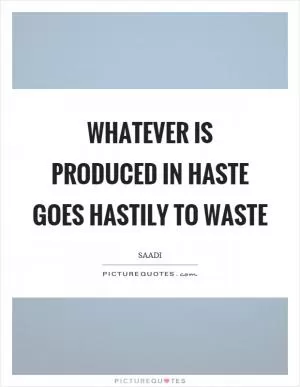
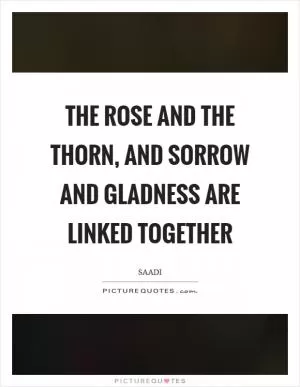
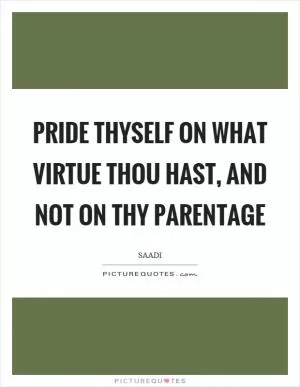
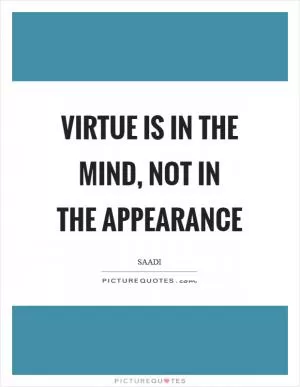
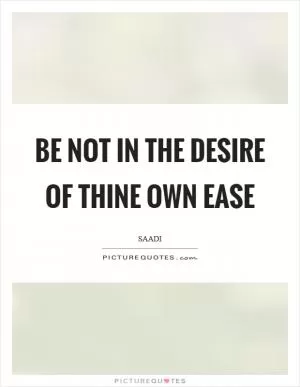
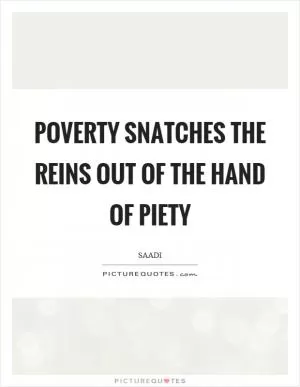
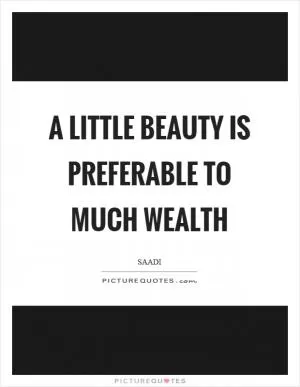

 Friendship Quotes
Friendship Quotes Love Quotes
Love Quotes Life Quotes
Life Quotes Funny Quotes
Funny Quotes Motivational Quotes
Motivational Quotes Inspirational Quotes
Inspirational Quotes